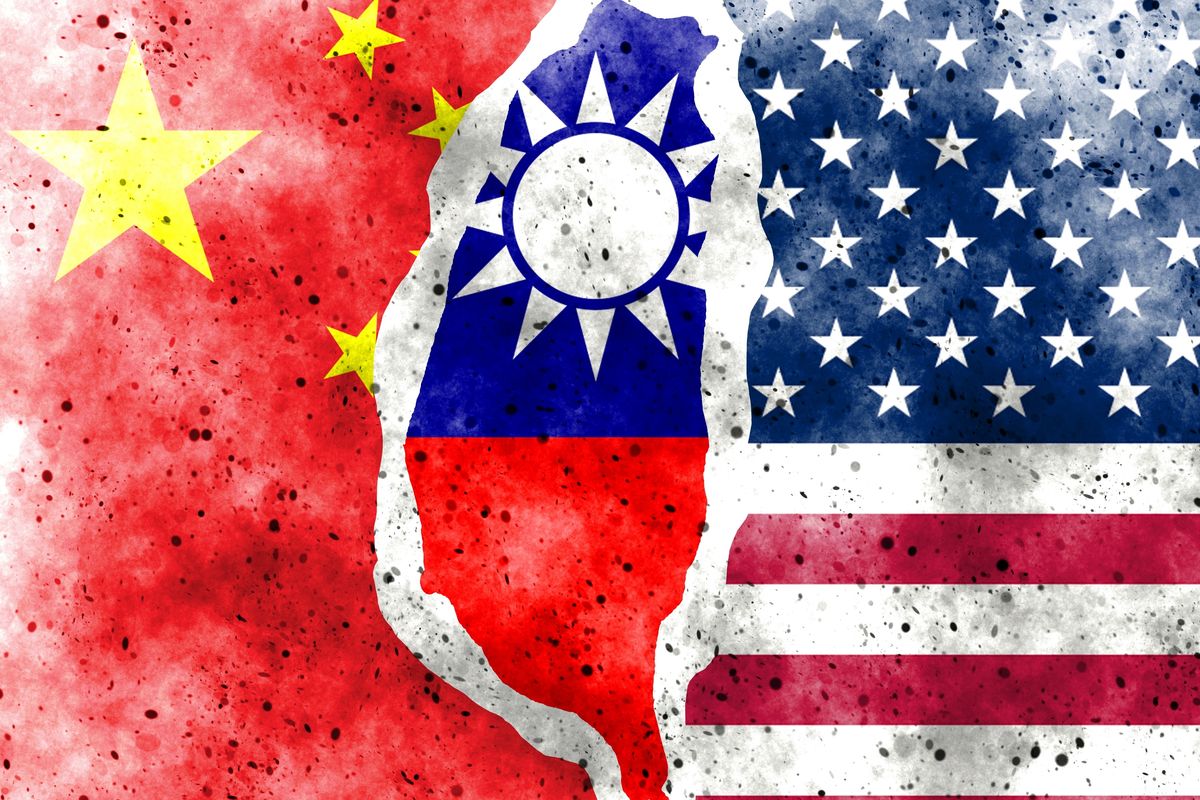Eliot A. Cohen, former adviser to Secretary of State Condoleezza Rice, recently wrote in the Atlantic that “Taiwan is an independent country.”
Based on this flawed assumption, Cohen suggests that the United States should treat Taiwan as a military ally, rapidly increase arms sales, and openly engage in high-level exchanges with its leaders. The problem with this argument is that, according to recent polling, a simple majority of Taiwanese do not express support for independence, and the Republic of China’s (ROC) constitution does not define Taiwan as an independent country.
Were the United States to abandon its one-China policy based on recognition for Taiwan’s sovereignty, it would only undermine peace and stability across the Taiwan Strait.
According to the latest survey by the Taiwan Public Opinion Foundation, 48.9 percent of Taiwanese “support independence.” While this figure stands 22 points above support for the “status quo” and 37.1 points above support for “unification,” it still fails to constitute a simple majority. Moreover, it is one thing to support independence in an anonymous poll and quite another to engage in a political process by which Taiwan codifies independence.
Despite claims by Democratic Progressive Party leaders that Taiwan is “already independent,” the ROC constitution has never delimited its territory to the island of Taiwan and its offshore islands. Drafted in 1947, when the Kuomintang-led government claimed to be the legal representative for all of China, the ROC constitution states that the “territory of the Republic of China within its existing national boundaries shall not be altered except by a resolution of the National Assembly.” When the ROC constitution was revised in 2005, it merely shifted the authority to alter the ROC’s national territory from the National Assembly (now called the Legislative Yuan) to that of a public referendum. Nonetheless, a referendum to delimit Taiwan’s territory has never been passed or held. Finally, the Cross-Strait Act, amended most recently in 2022, still considers mainland China to be “territory of the Republic of China.” The political parties that do support de jure independence, such as the New Power Party, the Formosa Alliance, and the Taiwan Statebuilding Party, are among the island’s least popular.
Unless and until the people of Taiwan unequivocally codify their own independence, U.S. policymakers cannot assume that the premise on which the U.S. one-China policy is based is false: that “all Chinese on either side of the Taiwan Strait maintain there is but one China and that Taiwan is a part of China.”
It is true, as Cohen argues, that Taiwan has many of the trappings of an independent state: “its own currency, a thriving economy, lively democratic politics, sizable armed forces.” Taiwan’s de facto autonomy has allowed it to become the strong, democratic, and prosperous partner that many Americans admire. This success story is one of the reasons that the United States does not need to change its policy toward Taiwan. Beijing, on the other hand, clearly seeks to undermine the status quo, as evidenced by official statements and military coercion toward the island.
Maintaining peace and stability in the Taiwan Strait is not easy. Taiwan is stuck between a rock and a hard place. Stability requires the United States to provide Taiwan with the means to defend itself, while at the same time respecting Beijing’s red lines. Taiwan’s leaders are also cautious about making any moves that would undermine the status quo. Rather than preemptively and unilaterally recognize Taiwan’s independence, as Cohen suggests, the United States should continue to provide Taiwan with the means to defend itself, deepen economic and cultural ties, maintain unofficial exchanges, and effectively advocate for Taiwan’s participation in international organizations.
Respecting Taiwan’s unofficial status may not satisfy the desire by some to see the flourishing of democratic self-determination around the globe. But it is the best way for the United States to contribute to a peaceful, prosperous, and democratic future for Taiwan.














